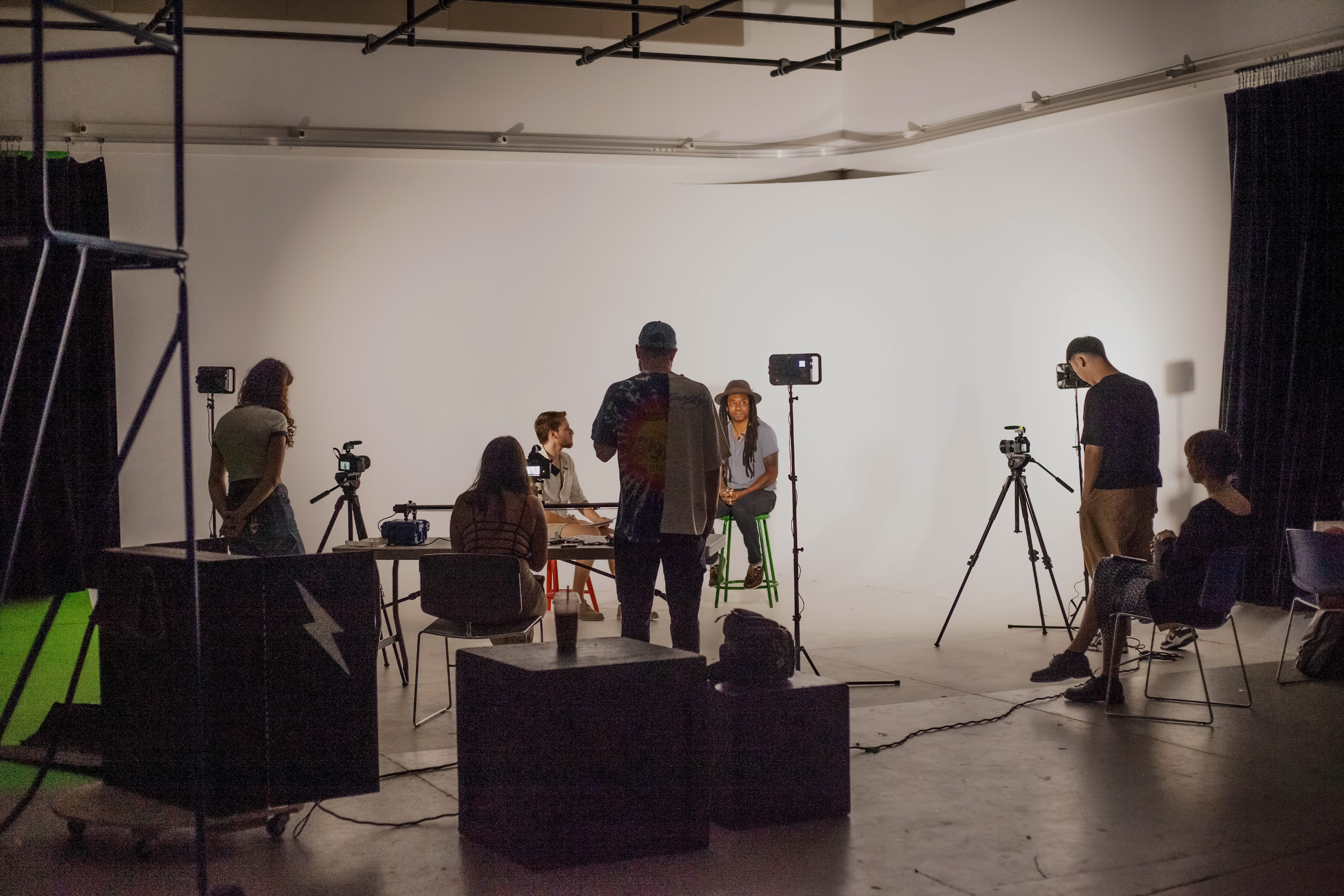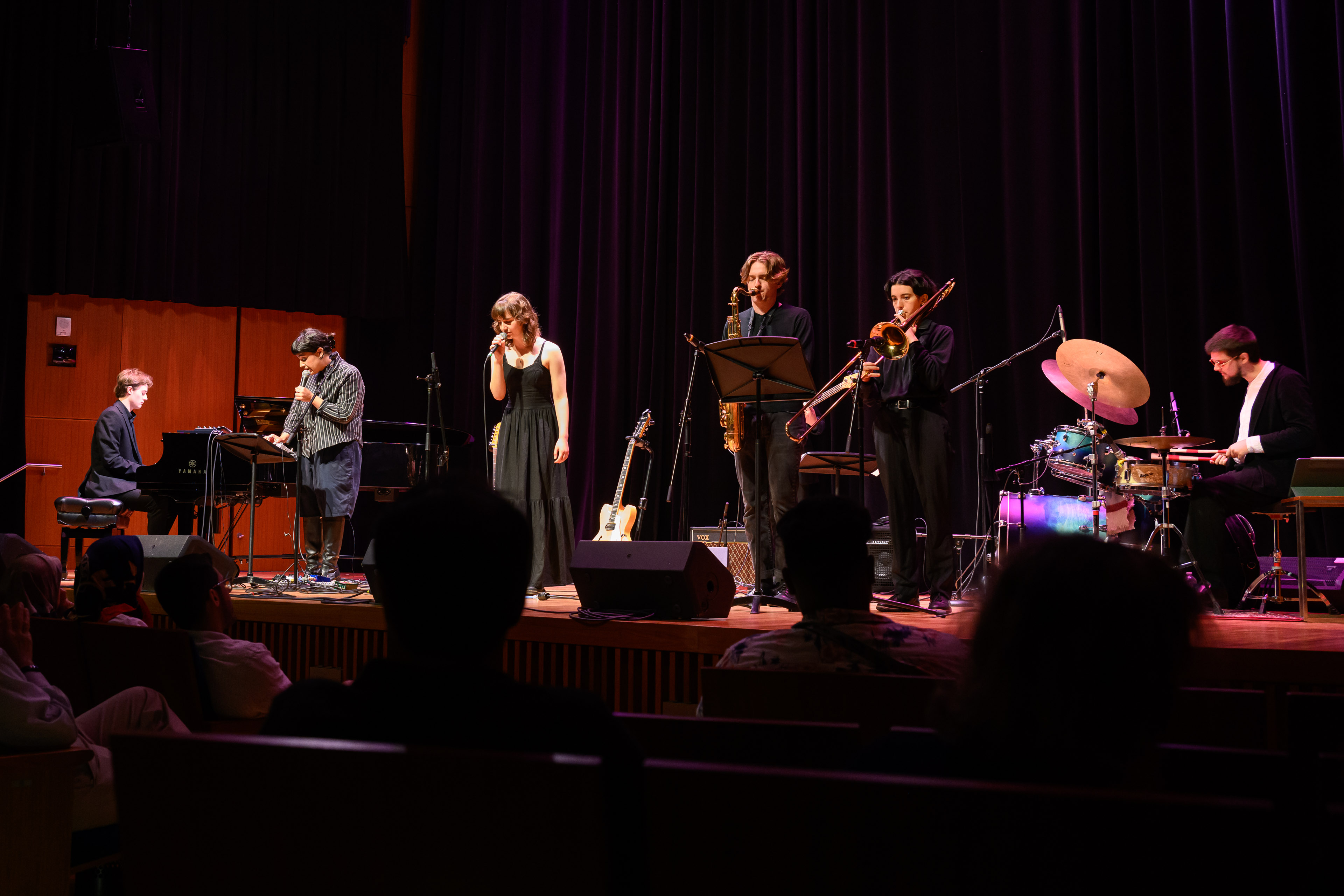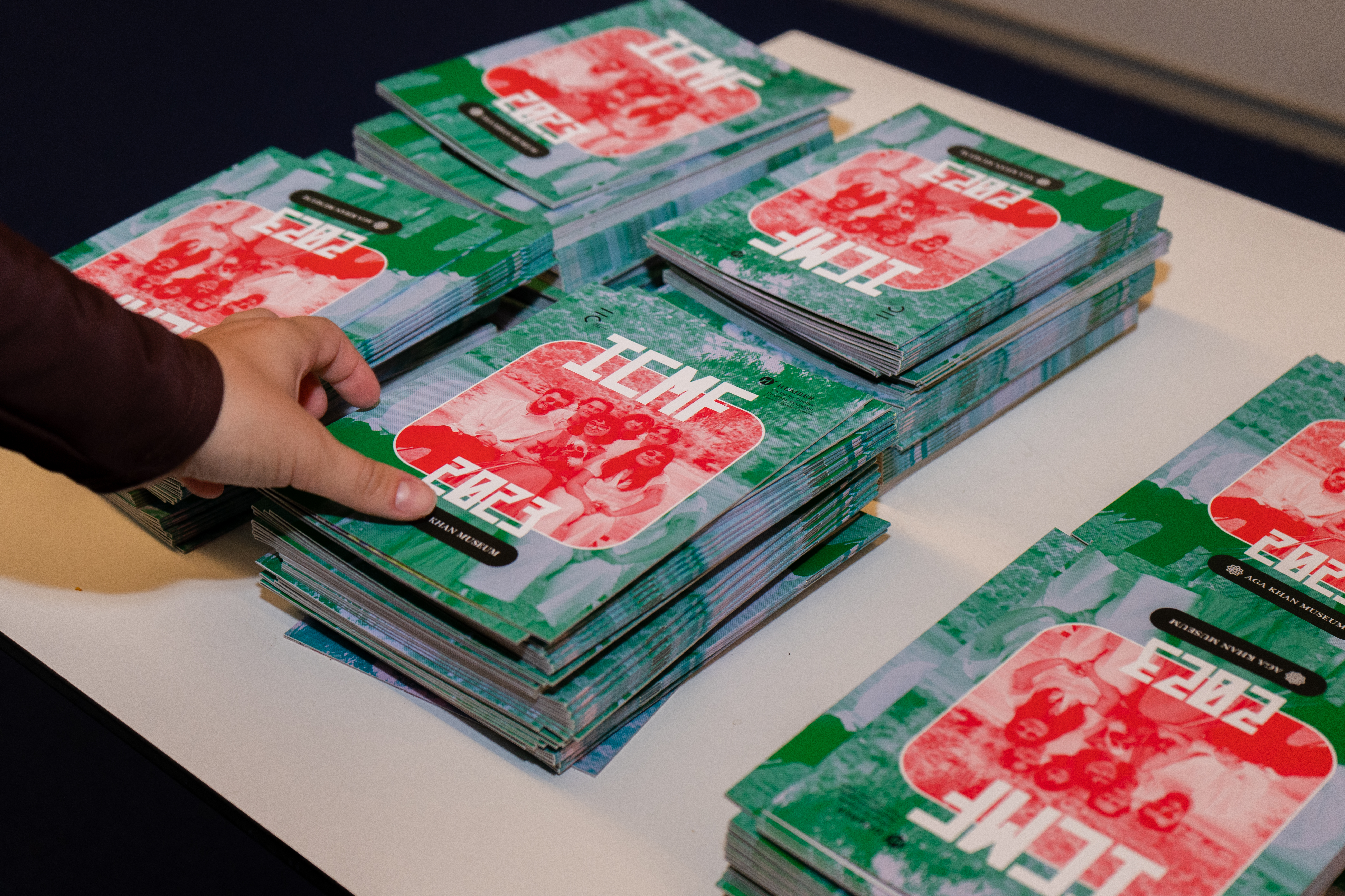Cultivating Cultural Sustainability: Research and Fellowships for a Thriving Arts Sector

By Hana Glaser
The arts and culture sector impacts everyone’s lives in various ways. The arts help us connect with others and with ourselves, wielding the power to positively change society. In the ever-evolving landscape of Toronto’s arts and culture scene, this sector is constantly facing challenges such as funding cuts, limited access to rehearsal and venue spaces and a lack of opportunities and resources for emerging artists and small arts organizations to thrive.
Consequently, creativity and innovation are becoming increasingly essential to transform the arts and culture landscape, and this is where the Centre for Creative Business Innovation (CCBI) plays a vital role. Committed to supporting the sector and ushering in the next generation of innovators, the CCBI serves not only as a resource for organizations and communities, but also as a catalyst for creativity-driven innovation.
With a growing portfolio of active projects and partnerships, the CCBI is making a significant impact by mobilizing the power of creative ideas and advanced technologies to drive interdisciplinary creative outputs. We accomplish this by leveraging diverse backgrounds and industry expertise to design user-centred solutions that disrupt conventional thinking. In this article, we will explore our research on cultural sustainability and the transformative fellowships that empower students, shaping the future of the arts and culture landscape.

Fellowships
The CCBI & Humber Galleries Fellowships are unique opportunities for Humber Polytechnic students. Making use of its interdisciplinary team, the fellowships are built around a diverse set of students in order to create collaboration across different disciplines taught at Humber. Our goal is to create professional, work-ready graduates through the guidance of a creative producer, a CCBI team lead, and the collaboration of industry partners. The students in these fellowships gain real-world experience in creative practices, research and the development of an original creative artifact. Past works have resulted in music compositions, documentaries, docu-series, virtual galleries, zines, art installations, books, video games, podcasts, conferences and more.
The CCBI has hosted six recurring fellowships over the last four years, employing over 150 students in the process. During this time, students have had the opportunity to work with organizations such as the City of Toronto, WorkInCulture, Nuit Blanche, Aga Khan Museum, Small World Music and the Asclepius Snake Bite Foundation. Through these projects, fellows have raised money for causes, met with local and international artists and arts administrators and sold out live performances. These fellowships not only support students’ career development but also serve as their first steps into the industry.
In addition to the work produced during the fellowships, the CCBI conducts research on the fellows’ creative processes. Looking to expand this research, the CCBI aims to incorporate fellowships into projects with arts organizations to foster cultural sustainability in the local arts and culture sector.
Research Initiatives
Over the last three years, the CCBI has been delving into two streams of research: Research Creation (RC) and Building Cultural Sustainability (BCS). While Research Creation looks at how creative projects come to be and the processes behind them, Building Cultural Sustainability looks at how we can share resources with arts organizations to collaboratively assist in their creative processes and ultimately support the longevity of the arts and culture sector in Toronto.
From 2022 to 2023, the CCBI conducted the first phase of a multi-step plan to implement a system that allows sharing resources—such as space, equipment, and personnel—with artists and small to medium arts organizations in Toronto that need support for their programming or creative projects. This initial phase involved researching if and how higher education institutions (HEIs) in Canada, the United States, the UK or Australia have established themselves as cultural anchors to support the arts and culture sector. The findings revealed that while similar initiatives exist, none have achieved the level of partnership the CCBI aims for, with an HEI serving as the anchor. Iterations that were similar to what we are striving to achieve were analyzed to determine what has worked and what hasn’t, helping us establish a roadmap for phase two.

Phase two of the BCS research aims to partner with an arts and culture organization in Toronto over the summer to utilize the vacant facilities at Humber Polytechnic. The goal is to employ Humber students interested in working in the sector, providing them with opportunities to make industry and industry-adjacent connections. Students will benefit from mentorship, while the partnering organization will gain access to space, equipment and up-to-date knowledge from students familiar with the latest industry trends. This phase will utilize our established fellowship processes and will be evaluated to refine the initiative before expanding to phase three.
For phase three, the CCBI hopes to expand the project and host more arts organizations to help alleviate the impact of closing art spaces in the city, which has hindered many artists and organizations. Additionally, the CCBI aims to use this research to assist other HEIs in setting up similar programs to enhance Toronto’s local arts and culture scene.
Conclusion
Despite facing numerous challenges, such as funding cuts and limited access to resources, the need for creativity and innovation has never been more critical. The Centre for Creative Business Innovation (CCBI) is uniquely positioned to address these issues, serving not only as a valuable resource for artists and organizations but also as a catalyst for transformative change.
The projects created by our fellows have made tangible impacts, leading to greater collaboration with local arts organizations and contributing to the community. Moreover, our research initiatives aim to create a supportive ecosystem for artists and small organizations, ensuring the longevity and vitality of Toronto’s arts scene.
As we look to the future, the CCBI is committed to expanding these initiatives, helping to bridge the gap between education and industry. For this reason, we urge faculty artists and arts organizations to collaborate with the CCBI. Together, we can ensure that the arts remain a vibrant force in our society, enriching lives and fostering connections for generations to come.
Author note: Hana Glaser is a project manager at Humber Polytechnic’s Centre for Creative Business Innovation.

